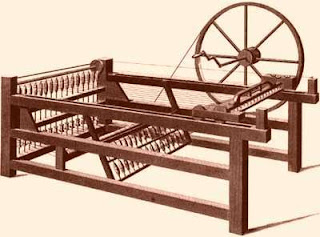The internet was a big invention during our time, and it has been growing ever since it came about. It wasn't made for the purpose it serves today, it originally was made by DARPA - the Defense Advanced Research Projects Agency. The main purpose was to share information on defense research between involved universities and defense research facilities. Now in today's world it serves a lot more purposes, you can watch a video, get music, watch movies, do buisness, catch up with friends, there is so much on the internet it's crazy. I believe this really changed the world on how we can interact and share cultures with each other.






